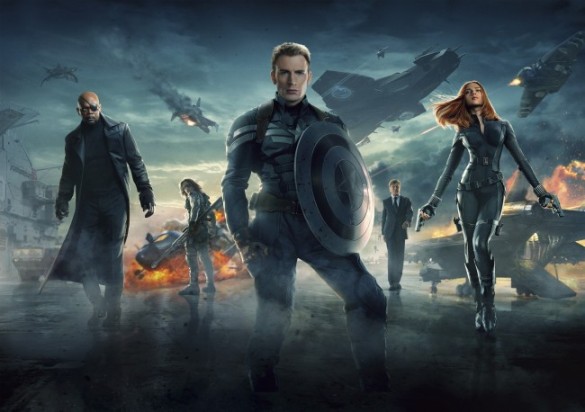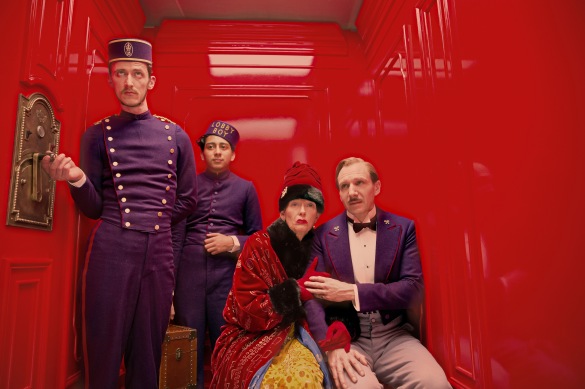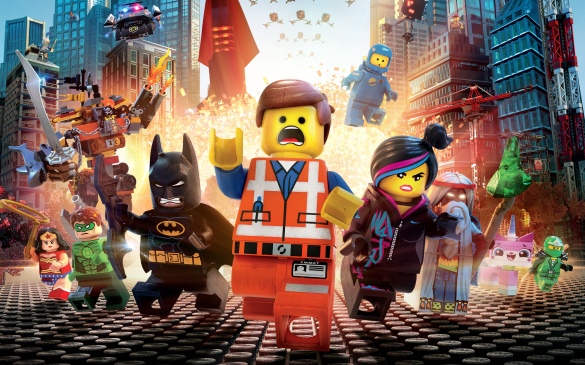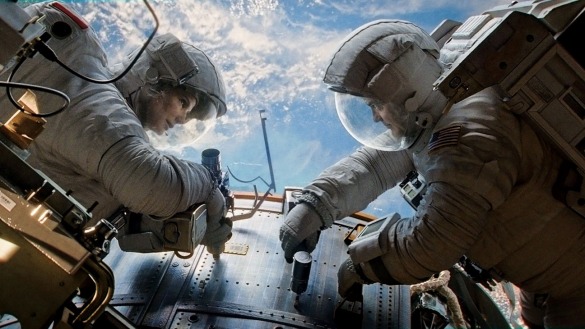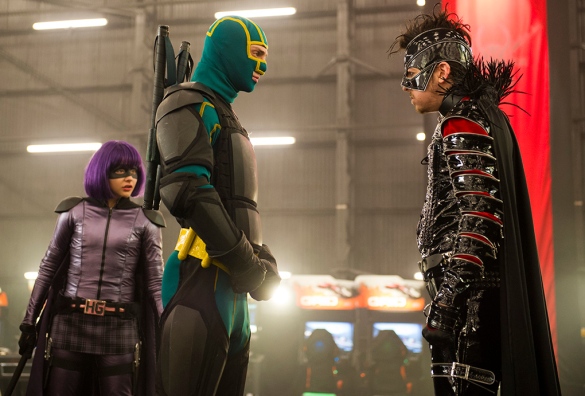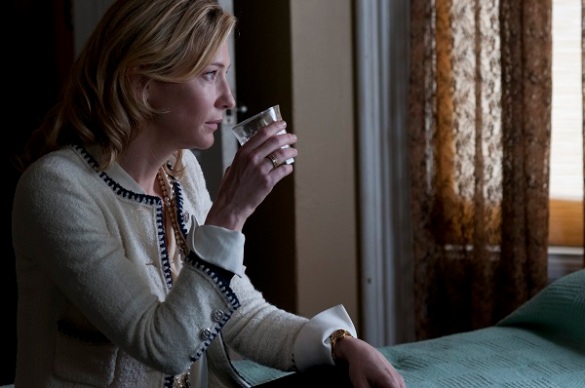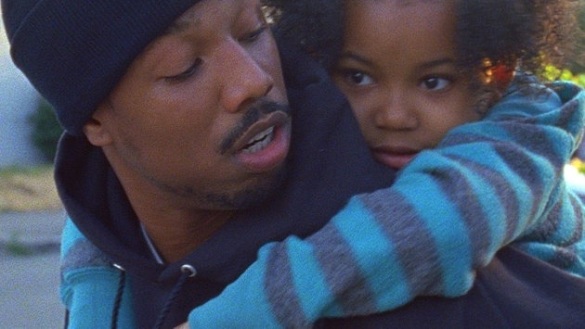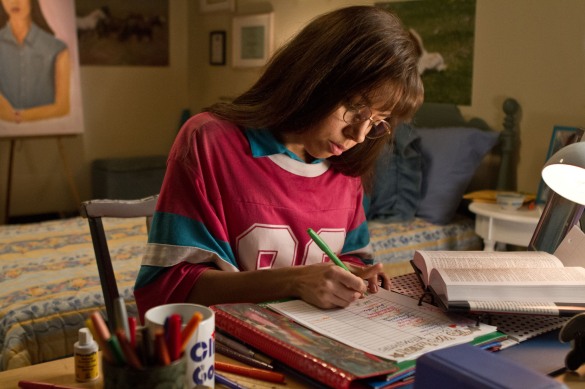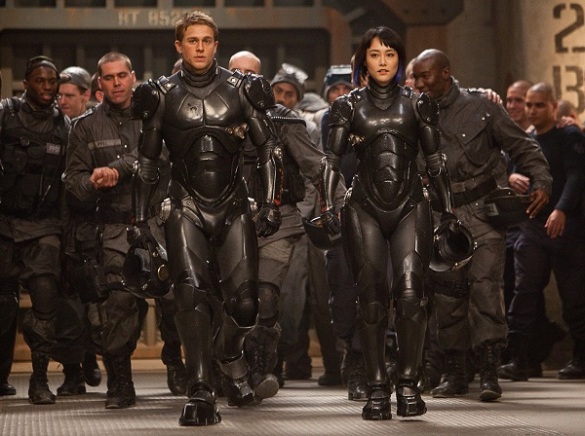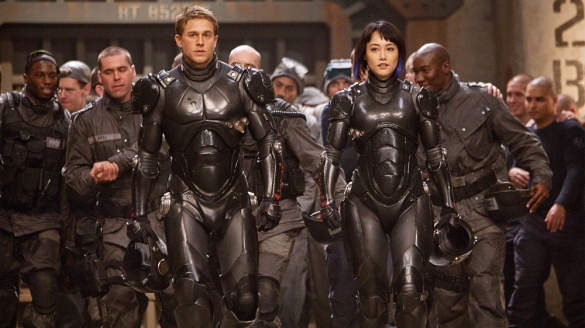Marvel typically struggles with its sequels. With the exception of Iron Man 3 – a film I enjoyed a lot more the second time around – they’ve struggled without the direction of an origin story. This is usually the opposite in blockbuster franchises that spend too much time focusing on exposition and in the case of superhero films, the origin story. This left me with low expectations for Captain America: The Winter Soldier a follow-up to one of the weaker films staring the most vanilla character in Marvel’s “Phase One,” line-up. Thankfully, Captain America: The Winter Soldier finds hidden resources in its character and incorporates some intense action sequences using the titular villain to make the best Marvel film yet and one of the better for the superhero genre.
The film follows Captain America aka Steve Rodgers (Chris Evans) who is still adjusting to life in the modern times. He’s become the main agent at S.H.E.I.L.D but is still searching for a life outside his “work.” His closest friends are his boss Nick Fury (Samuel L. Jackson) and colleague Black Widow aka Natasha Romanoff (Scarlett Johansson)but all of his friends are dead or at the end of their life – there’s a touching scene where he spends time with his love-interest from the first film. Unfortunately his professional life seems to be falling apart as S.H.E.I.L.D is developing technology that will allow them to monitor humanity’s every activity in the name of a protection – betraying our hero’s belief in America’s nobility which may be tied to potential corruption in the organization. When Rodgers digs too deep into these theories, the organization – headed up by Robert Redford in a casting callback to the government conspiracy films of the declares him and those closest to him fugitives, sending the Winter Soldier to hunt them down.
It’s a lot of plot – there’s even more that I glossed over in the interest of avoiding spoilers – which actually works towards the film’s benefit since the Captain America character doesn’t have the personal demons of Tony Stark or Bruce Banner. Breaking his already shattered world gives him much-needed depth. The film even compares him to returning veterans as he observes a support group led by franchise-addition Sam Wilson (Anthony Mackie). Unfortunately, this depth results in an over-reliance on a teary-eyed Evans staring into the distance.
I have a hard time blaming Evans for the repetitive tendencies because he delivers in all other aspects of the character. Also receiving more dimensions is Black Widow who has grown with every film appearance. Hopefully Mackie’s Wilson gets the same treatment in subsequent films because he’s proven to be a great presence in the likes of The Hurt Locker and Pain & Gain. Both Jackson and Redford give solid performances as well but other than Redford’s movie star-presence there isn’t much another actor couldn’t contribute.
The two biggest strengths of the film are tied to the addition of the Winter Soldier. Taking cues from Robert Patrick’s T-1000, The Winter Soldier is a stone-cold-killer that is the most bad-ass and best incarnation of a character since The Incredible Hulk in The Avengers. With the villain’s ruthlessness comes some amazing action scenes that consist mainly of guns grenades and gauntlets. It’s not just the incorporation of real-world-weapons that make the action refreshingly grown-up. Directors Anthony and Joe Russo reportedly used Heat and The Raid as inspiration for their action scenes and its evident in all the best ways as each sequence is as intense as the last. The only downside to these sequences is they greatly outshine the plot which is predictable especially if you’ve seen the previous entries in the Marvel cinematic universe.
I’m torn whether I can recommend this film to those unfamiliar with the Marvel series – despite the box office receipts there are some who fit into this category. The action sequences and mere presence of Winter Soldier are tons of fun and will prove to the detractors that these movies aren’t simply for the fanboys but there are some key plot points that will lack the impact for the dedicated will appreciate. Regardless, this will be a tough film to top by even the best summer blockbusters.
****/*****
